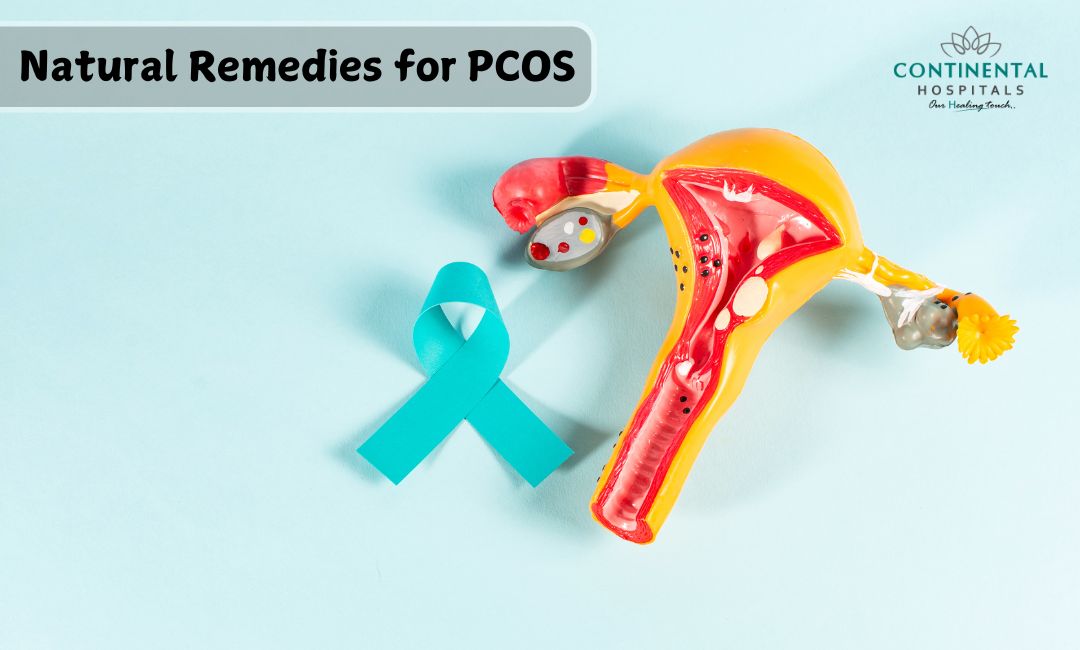Bloating is a common yet uncomfortable experience for many people worldwide. It can make your stomach feel swollen, tight, and sometimes even painful. But what is bloating, and how does gut health play a role in this condition? In this blog, we'll explore the meaning of bloating, its symptoms, and the connection between gut health and bloating. We’ll also discuss how to reduce bloating and provide tips on what relieves bloating fast. Let’s dive into the details.
What Is Bloating?
Bloating refers to the sensation of fullness or swelling in the abdomen, often caused by gas or fluid retention. It is a symptom rather than a condition itself and can be associated with various underlying issues. The bloating meaning essentially revolves around the uncomfortable feeling of your stomach expanding beyond its normal size.
Bloating Symptoms
Common symptoms of bloating include:
- Abdominal fullness: A feeling of heaviness or tightness in the stomach.
- Visible swelling: Noticeable distension or enlargement of the abdomen.
- Discomfort or pain: Cramping or aching in the stomach area.
- Gas and flatulence: Increased production of gas leading to burping or passing gas.
Understanding these symptoms can help in identifying the underlying causes and seeking appropriate remedies.
How Gut Health Impacts Bloating
The gut plays a crucial role in digestive health, and its imbalance can lead to bloating. Several factors contribute to this relationship:
Gut Microbiome Imbalance: The gut microbiome comprises trillions of bacteria and other microorganisms that help in digestion and maintain gut health. An imbalance in these microbes can lead to digestive issues, including bloating. For example, overgrowth of certain bacteria can produce excess gas, causing a bloated feeling.
Food Intolerances and Sensitivities: Some foods can be difficult for certain individuals to digest, leading to bloating. Common culprits include lactose (found in dairy products), fructose (found in fruits and some sweeteners), and gluten (found in wheat). If the gut is unable to break down these substances efficiently, it can result in stomach bloating and discomfort.
Digestive Disorders: Conditions like Irritable Bowel Syndrome (IBS) and Inflammatory Bowel Disease (IBD) are linked to chronic bloating. These disorders can disrupt normal digestive processes, leading to persistent bloating and other symptoms.
Gut Motility Issues: Proper gut motility, or the movement of food through the digestive tract, is essential for preventing bloating. Slow or irregular gut motility can lead to fermentation of food and excess gas, contributing to the bloating of the stomach.
How to Reduce Bloating
Managing bloating often involves addressing gut health and making lifestyle changes. Here are effective strategies:
Dietary Adjustments
- Identify Triggers: Keep a food diary to pinpoint items that may cause bloating. Avoiding or reducing these foods can help alleviate symptoms.
- Eat Smaller Meals: Consuming smaller, more frequent meals can ease digestion and reduce bloating.
- Incorporate Fiber: A balanced intake of dietary fiber supports digestion and can help prevent constipation-related bloating.
Probiotics and Prebiotics
- Probiotics: These beneficial bacteria can help restore balance in the gut microbiome. Foods like yogurt, kefir, and fermented vegetables are rich in probiotics.
- Prebiotics: Found in foods like bananas, garlic, and onions, prebiotics feed the good bacteria in the gut, promoting overall digestive health.
Hydration
- Drinking plenty of water aids digestion and helps reduce bloating. Staying hydrated prevents constipation and supports the movement of food through the digestive tract.
Physical Activity
- Regular exercise can help improve gut motility and reduce bloating. Simple activities like walking or stretching can aid in digestion and alleviate discomfort.
Stress Management
Stress can negatively impact gut health and contribute to bloating. Techniques like mindfulness, meditation, and yoga can help manage stress and support digestive health.
How to Reduce Bloating: Dietary Tips
Incorporating gut-friendly foods into your diet can help manage and reduce bloating. Here are some tips:
Probiotics: Foods rich in probiotics, like yogurt and kefir, help maintain a healthy balance of gut bacteria, potentially reducing bloating.
Fiber: A diet high in fiber can aid digestion and reduce constipation-related bloating. However, be cautious with fiber intake, as too much can sometimes worsen bloating.
Low-FODMAP Diet: The low-FODMAP diet, which excludes certain fermentable carbohydrates, has been shown to help people with IBS manage bloating symptoms.
Bloating in India: Statistics and Insights
In India, bloating is a common issue affecting many individuals. Studies suggest that around 15% of the Indian population experiences chronic bloating, often linked to dietary habits and high consumption of processed foods. Additionally, the rise in lifestyle-related disorders has exacerbated the issue, making it essential for people to pay attention to their gut health.
Conclusion
Understanding how gut health impacts bloating can provide valuable insights into managing and reducing symptoms. By addressing factors like gut microbiome imbalance, food intolerances, and digestive disorders, and by implementing effective strategies such as dietary adjustments, probiotics, hydration, and stress management, you can alleviate bloating and improve overall digestive health. Whether you experience occasional bloating or more chronic symptoms, these approaches can help you feel more comfortable and in control.
Related Blogs:
.webp)







